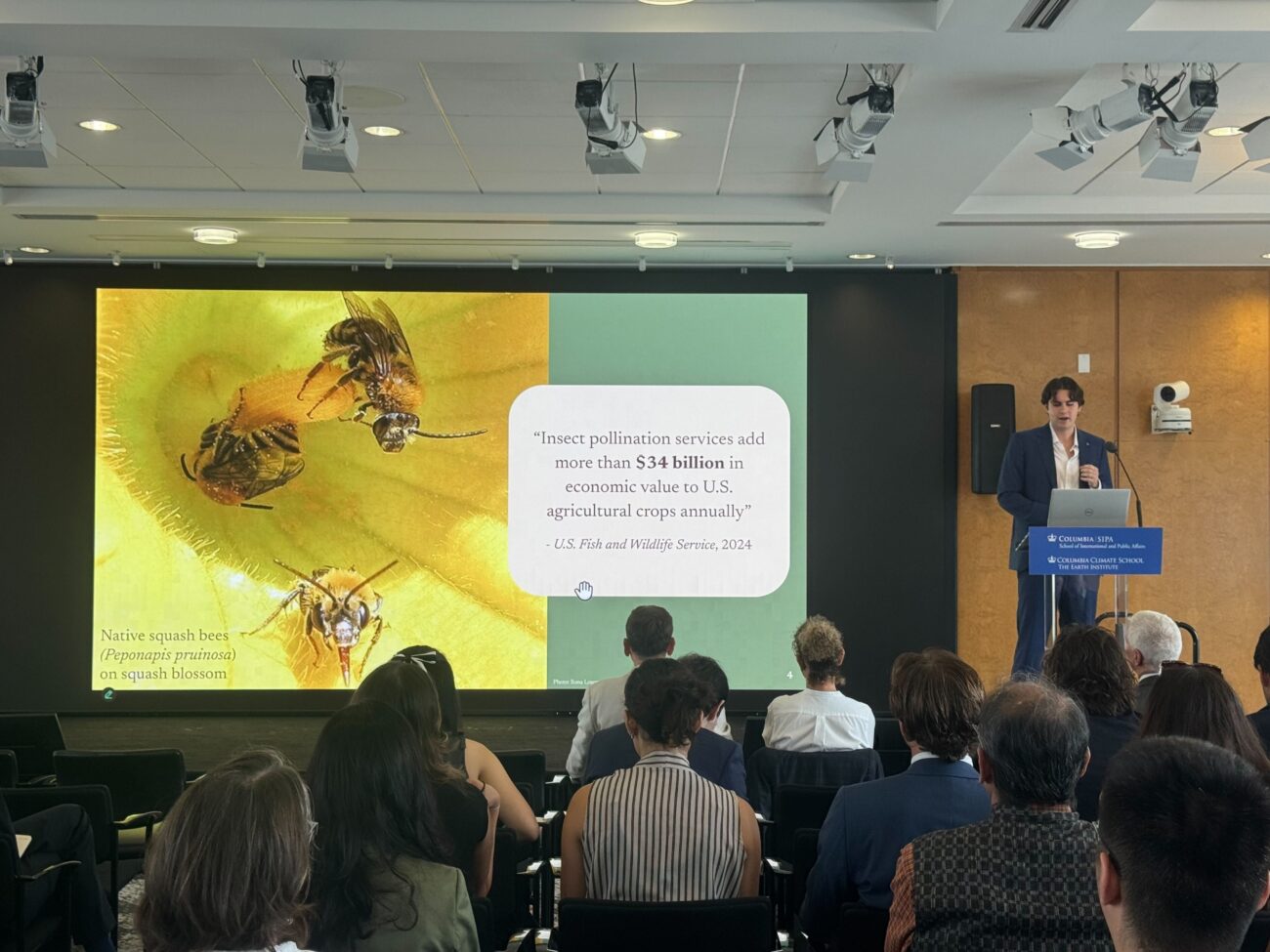
"Through the Workshop in Applied Earth Systems Policy Analysis, students study bills that are still in the early stages of approval. In the summer term, they focus on science. Then, in the fall, they turn to the policy and explore how implementation might unfold. Last summer, the students' final briefings highlighted how policymakers are applying science to issues that touch daily life in New York, from fashion and drinking water to pollinators, animal markets and urban shade."
"Fashion is often celebrated for its creativity, yet behind the runway lies a major environmental cost. Roughly 10 percent of global greenhouse gas emissions come from the sector. Holland presented the Fashion Environmental Accountability Act, which would require manufacturers to disclose their Scope 1, 2 and 3 emissions. The presentation included examples such as Prada's efforts to track supply chain emissions and Coach's sustainable line, Coachtopia, which produces bags with a 71 percent lower impact than conventional models. The bill's penalties are steep."
Columbia University's MPA-ESP program engages students in converting scientific analysis into actionable policy through the Workshop in Applied Earth Systems Policy Analysis. Students examine early-stage bills, focusing on science in summer and policy implementation in fall. Projects covered urban-relevant issues including fashion sector emissions, lead in drinking water, pollinators, animal markets, and urban shade. One project analyzed the Fashion Environmental Accountability Act, which would require manufacturers to disclose Scope 1, 2, and 3 emissions and could impose fines of $15,000 per day. Case studies highlighted corporate supply-chain tracking efforts and sustainable product lines with substantially lower environmental impacts.
Read at State of the Planet
Unable to calculate read time
Collection
[
|
...
]